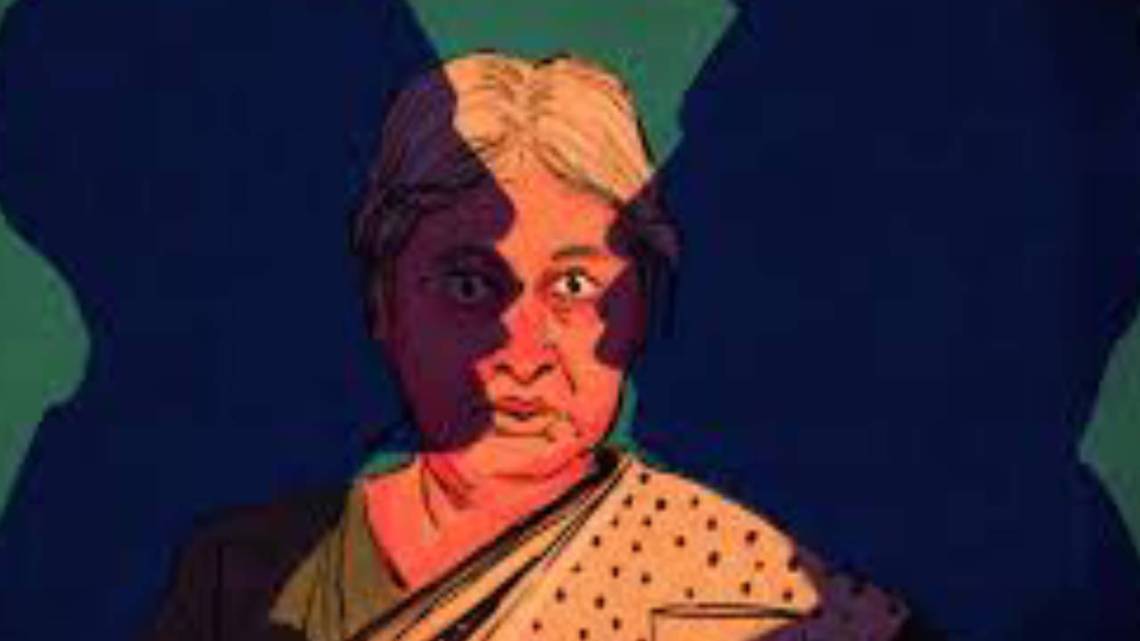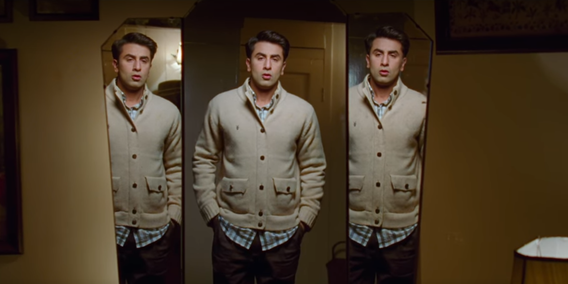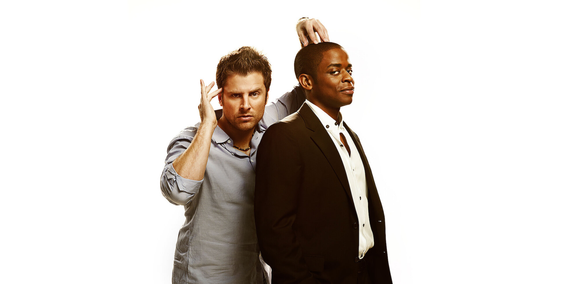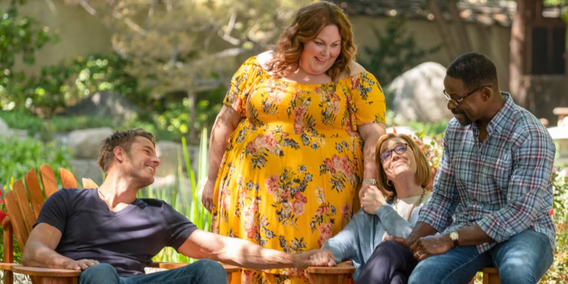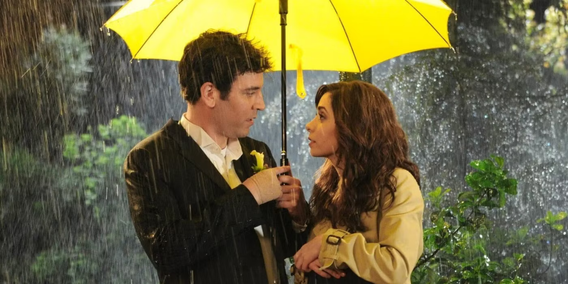“When did you know that you’re straight?”
“It took me a lecture on gender and sexuality in the second year of my bachelor’s course to realise that I might not be straight. While I was extremely fortunate to have a professor who was aware and queer affirmative, not everyone has the privilege of being guided to rediscover what one’s sexual orientation may be.”
Very often queer identified individuals get questioned on “how do we know we are queer?” but no one questions a straight person on “how do they know they are straight? or when did they know they were straight?”
Our sexual orientation is usually imposed upon us by mainstream society with the help of films, television, and music subliminally reinforcing the same message. And it almost always is heterosexual in nature. 100 Humans on Netflix demonstrated this binary attitude towards relationships, wherein people (matchmakers, hetrosexuals and queer identified individuals) were asked to guess the couple. All of them only looked at relationships from a hetro point of view. This further exasperates the conditioning we received as children wherein our parents reinforced bollywood lines “Pyaar dosti hai” and worse of all “Ek ladka aur ek ladki sirf dost nahi reh sakte”. Girls are warned “These boys only want one thing from you”, implying, no matter how platonic, that relationships with the opposite gender will be sexualised at some point.
Needless to say, this is far from the truth!
There are multiple forms of attractions. These attractions are neither binary nor mutually exclusive from each other, which means that one may feel more than one type of attraction for someone, and the same kind of attraction for multiple people as well. Our relationships are therefore multidimensional and extremely nuanced, unlike what is advertised to us since our childhood.
Sexuality encompasses nearly every aspect of our being, from attitudes and values, to feelings and experiences. Being straight, gay, or bisexual is not something that a person can choose or choose to change. In fact, people don’t choose their sexual orientation any more than they choose their height or eye color. And just like eye colour, there are many sexual orientations; to name a few bisexual, pansexual, asexual.
One’s ability to experience emotional intimacy, develop healthy relationships with friends and family is no way affected by their sexual orientation. Remember: Being a sexual being is not essential to be a complete individual. Many people do not like labelling themselves under one fixed term, and would rather be called Queer. Individuals who are still figuring out their own sexuality would term themselves as Questioning.
Queer individuals are not a secret society, yet, most people know nothing, or very little (mostly inaccurate) information about us. This is because there is an appalling lack of positive representation of queer lives in Indian society. Whether it is books, television shows, movies, songs, advertisements, or even other professional environments – the lack of wholesome queer identities is conspicuous.
When there is representation, it is along the lines of effeminate gay men, the homophobic Kantaben from Kal Ho Na Ho, cross-dressed male actors who are either visibly uncomfortable being hypersexualised, or harassing another man. All of these unidimensional characters existed only to add comic relief to the plot. This kind of representation only worked to either fetishize or antagonize the queer identity. Granted, that in the past few years, there have been movies like Margarita with a Straw, Aligarh, Bombay Talkies, and shows like Sacred Games where representation of LGBT identities have moved past the derogatory status- Indian media still has a long way to go to make queer individuals as “normal” as their heterosexual contemporaries.
The responsibility of positive representation does not lie with mainstream media alone. All of us are part of the same society that continues to invalidate Queer identities. Our daily behaviours and actions continue to perpetuate a toxic heterosexual nature of relationships right from the moment a child is born, and sometimes even before they actually take birth!
Meet The Author:

Unnati has an interesting knowledge of memes and Bollywood trivia. They like to express themselves through their poetry, art, and dancing. Being a queer feminist, they change their hairstyle every few months as a way of breaking out of the dichotomy of gender, and reclaiming their own body. They are equally passionate about literature and biology as they are about mental health, and try to keep acquiring new skills and information wherever they go.

